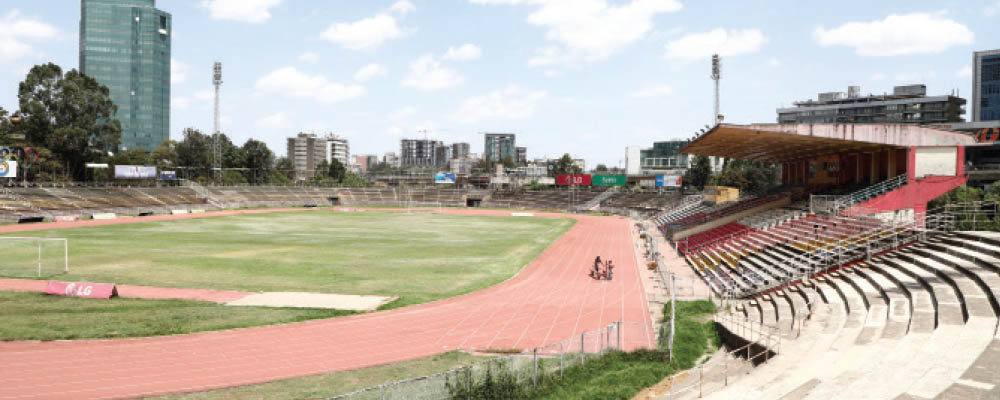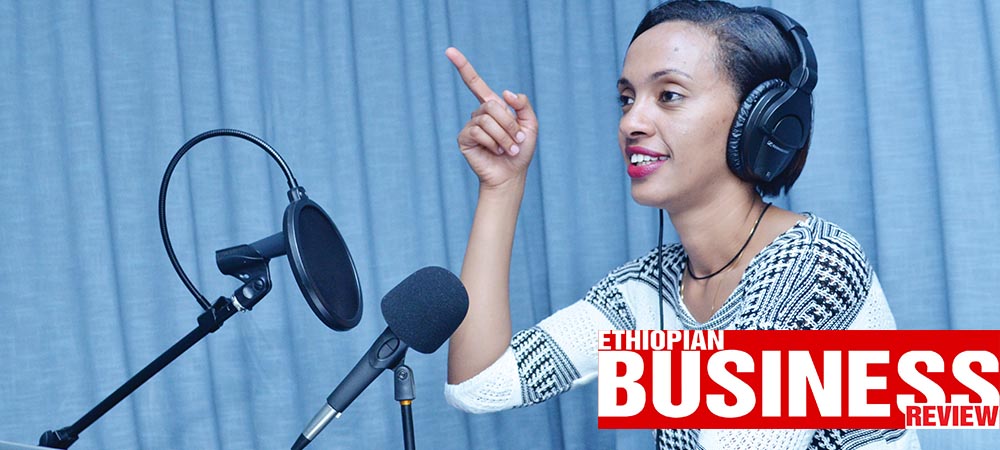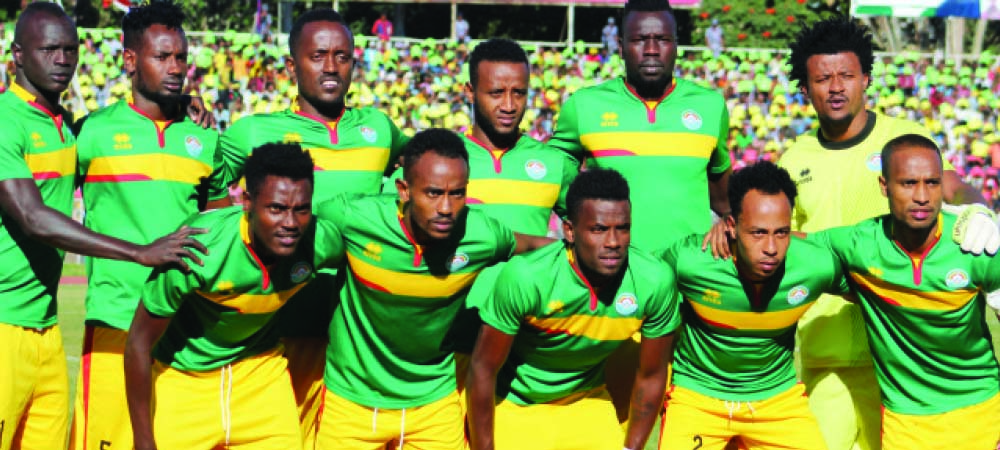In recent years, the number of people who go to gymnasiums and modern fitness facilities in Addis Ababa and other regional cities has been growing steadily. But this changed after the declaration of a state of emergency and a prohibition of sporting activities at all levels by the government in March 2020 in order to curb the spread of coronavirus. Although the prohibition was lifted and fitness centers opened their doors with all the COVID-19 prevention measures and protocols three months ago, most of the previous gym-goers didn’t return to the fitness venues. EBR’s adjunct writer Abiy Wendifraw explores.
Ethiopian football clubs have been financially dependent upon their hometown municipalities and government funding arms for long. However, this is to become history, after the clubs decided to bet higher. A fotball games televizing bid floated by the Ethiopian Premier League S.C, recently established by the 16 elite clubs, fetched a dream amount, enough to free local football from undue dependence and thus usher an unexpected comeback. EBR’s Abiy Wendifraw delved into recent moves undertaken to commercialize the football industry.
The Psychological Plight of the Pandemic on Ethiopian Athletes
The Coronavirus pandemic has become a guest that overstays its welcome. The world first thought that the virus would be an issue for three to five months but it has gone beyond its ninth month now without losing its grip on the world. The measures taken by governments and institutions have begun to loosen up despite the rapid spread of the virus around the world. However, major national and international events in athletics and other sports have been cancelled indefinitely. The isolation and cut off from regular life has its own impact on the psychological wellbeing of athletes. EBR’s Abiy Wendifraw looks into the matter.
Now that Coronavirus has pushed people around the world to dwell at home for months now, engagements that demand physical commotion have been highly restricted. Although there is relatively better movement in Ethiopia compared to countries in lock down, quite a sizable group of people have spent the past month at home. With some businesses such as gyms closed, those who have adhered to the stay at home recommendations need a makeshift venue for physical exercise. EBR’s Kiya Ali explores the various attempts by people to break sweat from the comfort of their living rooms.
COVID-19 has steadily expanded its empire around the world, claiming all national territories as its victims. Although some of these nations suspended their sporting activities at different times, they have almost entirely succumbed to the anti-social traits of the virus. It has been weeks since sports competitions were suspended in Ethiopia. EBR’s Abiy Wendifraw looks into the struggle to stay afloat in the country’s athletics and football federations.
Jnderrepresented in Sport Media
With the massive influx of new media houses, comes the need for sports journalists. However, female members of the profession have not grown in similar fashion due to several factors. From specific issues like not being able to enter changing rooms for interviews to stereotypes that a woman’s place is not in stadiums, women are facing challenges to enter and stay in the sports journalism field. The few current actors in the field have a duty to change this, as Abiy Wendifraw explores.
Guided by the want to get fit and build body mass, many of Ethiopia’s urban youths are using unregulated, and possibly, illegal products to forward and quicken their dream. The government, on its part, seems to be oblivious to the fact or unwilling to take a deeper look. But the damages could be long-lived and thus need serious consideration. Though getting fit is an applauded endeavor, the shortcuts taken by youths to this end arise from both push and pull factors. EBR’s Abiy Wendifraw explores.
Shortage of finance is a common problem faced by Ethiopian football clubs, largely because of the hefty salaries paid to footballers and the declining revenues from tickets. Now, it is also time for the Ethiopian Football Federation to face a similar reality. While this is already portrayed by the tournaments and competitions that the Ethiopian National Team is missing, it is feared that this will be further exacerbated as clubs start to be more stringent in releasing finance to the governing body. EBR’s Abiy Wendifraw explores.
Football is the most loved sport in Ethiopia, even though the country is more known in athletics globally. But such an affection usually ends with saddening moments as the national team has almost never been successful, except during some very few moments. Beyond that, with the absence of footballers’ association, there was no body to speak on behalf of the players. But five months ago, for the first time in history, footballers convened and established an association, which is expected to produce, in the future, skilled and well trained footballers, besides representing its founders. EBR adjunct writer Abiy Wendifraw reports.
Table tennis used to be one of the most popular sports in urban parts of Ethiopia. Besides being a source of entertainment, it was a profession which many were interested to specialize in. But, the low-level attention given to the sport has led to its demise. Even though there are many throughout Ethiopia interested in being a table tennis player, it seems like there is no one interested in nurturing such skills. EBR adjunct writer Abiy Wondifraw reports.











